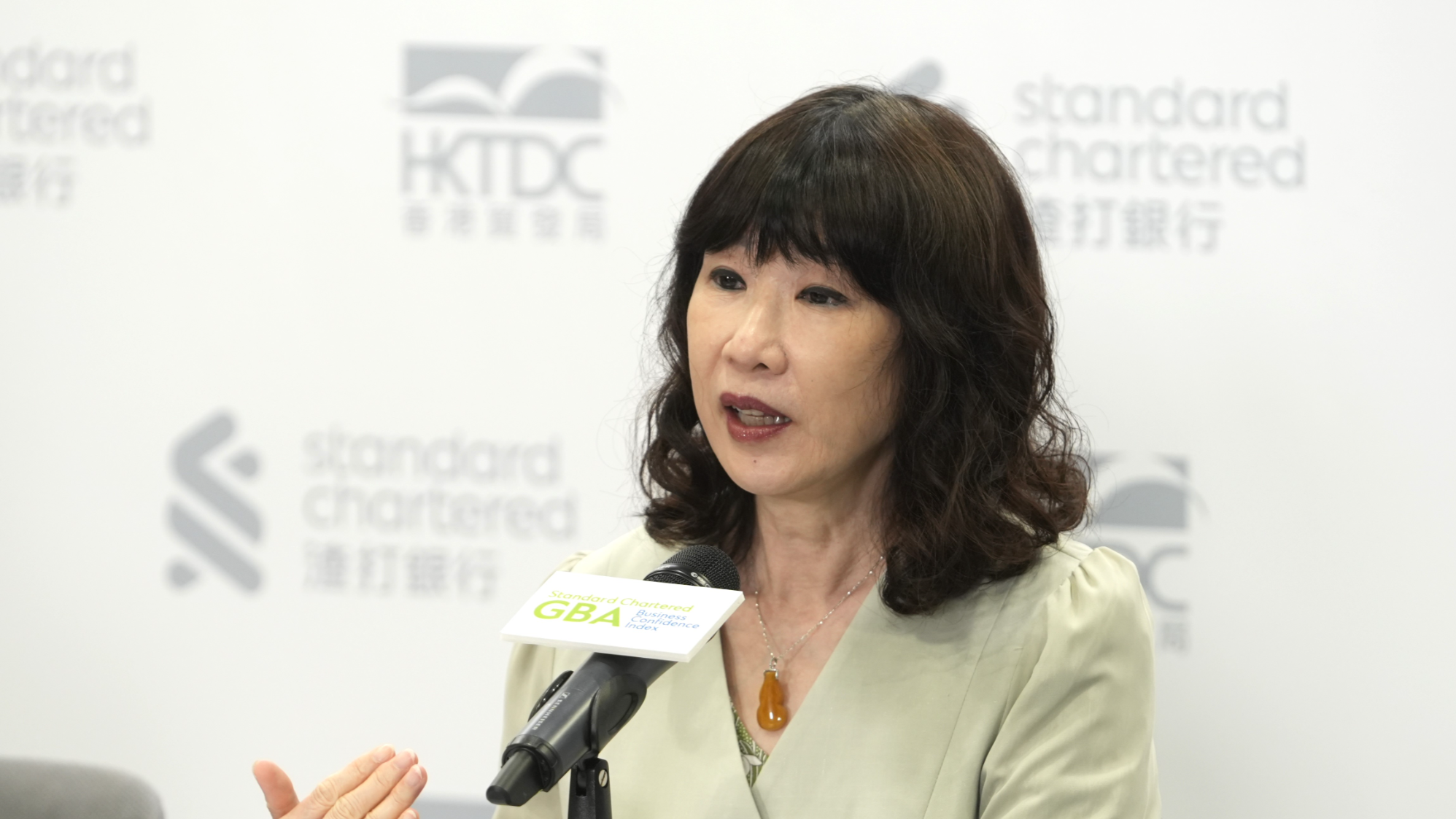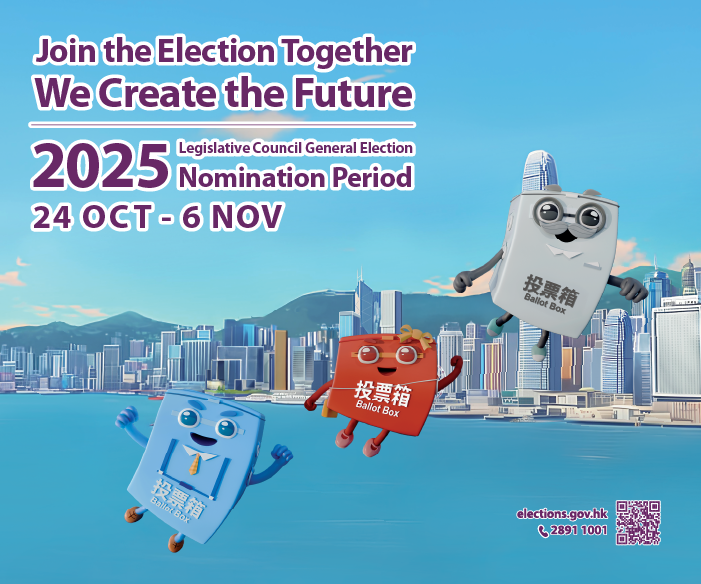
Enterprises operating in the Guangdong-Hong Kong-Macao Greater Bay Area showed a broad-based recovery in business confidence in the third quarter.
This was supported by reduced external uncertainty following the extension of the US-China trade truce, according to the Standard Chartered Greater Bay Area Business Confidence Index (GBAI).
Standard Chartered and Hong Kong Trade Development Council (HKTDC) surveyed more than 1,000 companies in the Greater Bay Area to gauge their expectations toward current business performance and business outlook. The companies were drawn from various sectors, including manufacturing and trading, retail and wholesale, financial and professional services, and innovation and technology.
The current performance of the GBAI edged up to a four-year high of 54.7 from 53.1 recorded in the second quarter, whereas the expectation index of the GBAI rose to a two-year high of 55.7 from 52 in the second quarter, suggesting a broad-based recovery in business confidence.
The current performance index and the expectation index are based on the performance of various components such as production and sales, new orders, capacity utilization, raw material inventory, prices of finished goods and services, fixed asset investment, financing scale, as well as profit.
ALSO READ: GBA businesses optimistic before US reciprocal tariff, survey shows
The survey was conducted in August and September this year, whereas tariff uncertainty appears to have diminished following the extension of the US-China trade truce, bolstering continued trade frontloading and robust financial activities.
“As China and the US still not yet reaching a formal trade agreement, we will gauge how this uncertainty will impact the GBAI for the fourth quarter of this year,” Standard Chartered Greater China Economist Hunter Chan said at a press conference on Wednesday.
Irina Fan, director of research at the HKTDC, noted the supply-chain reconfiguration due to tariff uncertainty has led to a further tightening of credit and liquidity. Banks have become relatively more prudent towards lending in the third quarter compared to the second quarter, and liquidity conditions also tightened modestly in the same period.
“As liquidity is tightening modestly, enterprises may not choose refinancing to support their business expansion in the coming quarters when they are gauging whether interest rates will fall or not. This affects next year’s corporate investment decisions as enterprises delay making their decisions,” Fan said.
Fan predicted Hong Kong’s external trade value and volume figures may register a huge downturn in the first and second quarter next year as the figure has a higher value of comparison this year due to heavy trade frontloading activities during the trade truce period.
READ MORE: Survey: HK sees highest jump in business confidence in GBA
The GBAI survey also revealed that 63.5 percent of respondents believe excessive domestic competition in the Chinese mainland did not affect their business, while about 29 percent reported a moderate impact and five percent indicated a significant impact.
“Companies appear to be adopting a mix of strategies to deal with the issue, whereas strengthening brand-building, offering value-added services, and developing unique products are increasingly essential,” Fan said.
Interviewed respondents also indicated that the central government can improve employment and income prospects, stabilize asset prices, and expand social welfare to curb excessive domestic competition among mainland companies.



